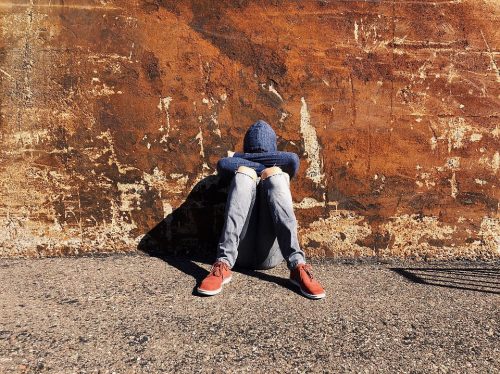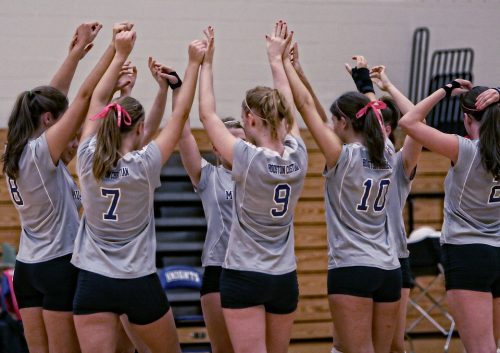Addiction can affect anybody, no matter how old or young, and counseling is a necessary step to recovering from it. Proper counseling addresses its underlying causes and prevents these triggers from causing a relapse.
Teens And Substance Abuse

Teenagers can fall into addiction. Their decision-making capabilities are misguided and easily affected by herd mentality. When they’re troubled or simply curious, teens tend to get high or drunk as a form of escapism from life. Unfortunately, those one-time tries may develop into frequent usage or intake. Later on, they may develop a severe addiction to alcohol, drugs, and other harmful chemical substances.
Although binge-drinking and drug abuse rates among adolescents have lowered in the past year, teens need proper counseling for the treatment to become successful. Compared to their adult counterparts suffering from any form of addiction, adolescents rely heavily on therapy. Medications are more prominent in adults.
Recovery Process

Professionals recommend a rigorous process of achieving sobriety. It starts with good old-fashioned detox. In this step, the expert helps the patient clear his or her body of the substances. Depending on the intake and quantity of the substance, the body expels the substances within days. Severe cases involve medical detox interventions in an in-patient setting.
Since therapy is more effective than medications for young people, professionals turn to talk therapy and teen drug counseling to help the child. Here are a few substance abuse counseling tips for adolescents.
Cognitive Behavior Therapy
Cognitive behavior therapy (CBT) is a technique that helps patients control their emotions and reactions. Professionals uncover the leading causes of a patient’s excessive usage. The CBT approach entails anticipating risky situations and managing a patient’s responses. Through avoidance or self-control tactics, patients can apply these coping strategies and prevent a relapse.
Dialectical Behavior Therapy
Patients who are comfortable with sharing their emotions are better off with Dialectical Behavior Therapy. By accepting uncomfortable feelings, thoughts, and behaviors, patients can overcome these. They can also release their pent-up emotions through exercises like breathing and muscle relaxation and yoga.
Because addiction is closely associated with mental health, dialectical behavior therapy can also help patients entertaining thoughts of suicide. This therapy helps patients control these self-destructive urges and encourages healthy change.
Family-Based Therapy
In family-based therapy, professionals emphasize the family’s role in a teen’s substance abuse. They encourage therapy sessions with the family present because families have a long-lasting influence on a young person’s life.
During these sessions, concerned parties work towards addressing issues that may have triggered this addictive behavior. It uncovers the deep wounds of the patient and unveils stories behind these wounds. For example, when the patient was still young, a parent might be a drunkard and this unpleasant memory imprinted on the young. In other cases, the family may not necessarily refer to blood-relatives, but any person playing a supportive long-term role in the patient’s life.
Recreational Therapy

Also known as therapeutic recreation or TR, recreational therapy is a method engaging rehab patients in active leisure activities. Among these activities are sports, arts and crafts, and games. This technique allows both the mind and the body to develop healthy habits and build social relationships. Recreational therapy aids patients in discovering positive traits about themselves. The goal of recreational therapy is to improve health and boost self-worth and self-esteem.
There are many other techniques counselors can choose from when helping out troubled teens. They should not be treated as helpless cases, for there is always the road to recovery. With the help of reliable counselors, young lives can be saved one therapy session at a time.